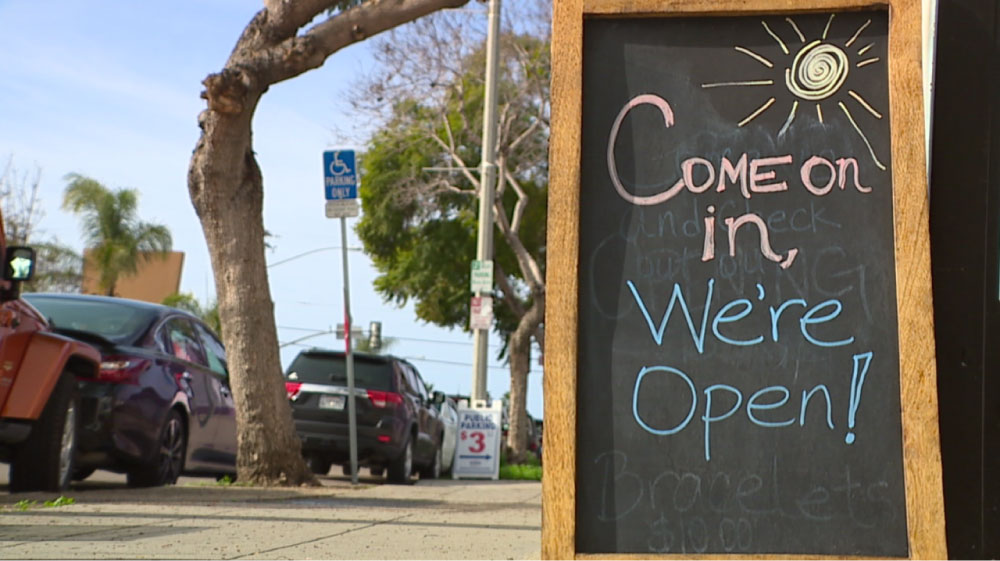
In less than ninety-days the Coronavirus has killed 30 times as many Americans as 9-11 and twice as many as the Vietnam War. The fact that it has only killed 100K people is evidence to some that the threat was overblown, and to others it proves that social distancing protocols have saved thousands, if not millions, of lives. I believe the once-in-a-century pandemic is a force of nature that lacks compassion and operates with utter impunity. It does not care about politics or who is president, and remains a calamitous threat to life as we know it. That said, aside from a couple of people I know only through social media, I personally don’t know anyone who has contracted the disease. This definitely makes me lucky, but it also means catching COVID-19 is still relatively rare.
Countries from around the world have dealt with the problem in a variety of ways. By contrast, the U.S. deals with it in 50 different ways. America has no centralized strategy in combatting the virus; rather, the federal government has pushed the responsibility to the individual states. On the positive side, with all the states reopening differently, we will see and hopefully learn, from how various scenarios play out. Personally, I would have liked to see the numbers dropped a bit more before we all throw off our masks, but I understand why people want to get back to a more normal life.
It’s scary that we don’t yet have a vaccine, but we have learned a few things. We know that the virus doesn’t spread quite as easily as we once thought. The CDC quietly changed their position on how easily it can be passed from an inanimate surface, and now says that surface to human transmission is rare. We also know the death rate is also on the lower end of original estimates. This at least helps us to make more calculated risks. My one plea to everyone that I know is to try and stop the bickering. I have blocked and unfriended more than a few people in the last few weeks, because I can’t deal with the intolerance that people have with each other when it comes to this issue. Nobody is absolutely right or wrong when it comes to COVID-19. We should all be able to understand why some people want to get back to work, and we should also understand why other people don’t want to risk their lives. If there has ever been a time when we needed solidarity, truthfulness and compassion, this is it – and it starts with us. With some light at the end of the tunnel, let’s all hope and pray that the next few weeks are positive and take us closer to our collective well-being both in America and around the world.
Some call it selfish; I call it the American way. In this episode, I break down why voting for policies that improve your life isn’t just your right—it’s how the system was designed to work. When we vote our own interests, we build a country that works for everyone.
Michael Jordan wasn’t picked first in the NBA draft—he wasn’t even picked second. Why? The Portland Trail Blazers hired for position, not for talent, and passed on the greatest basketball player of all time. In this episode, I explain why employers make the same mistake, and why the smartest leaders hire the best people they can find—regardless of position.
Politicians on both sides have overreached—ICE raids and the war on DEI have gone too far, and history tells us there will be a rebound. In this episode, I explain why attacks on Latinos may end up uniting us more than ever before, and why the backlash could be a turning point for our community.
